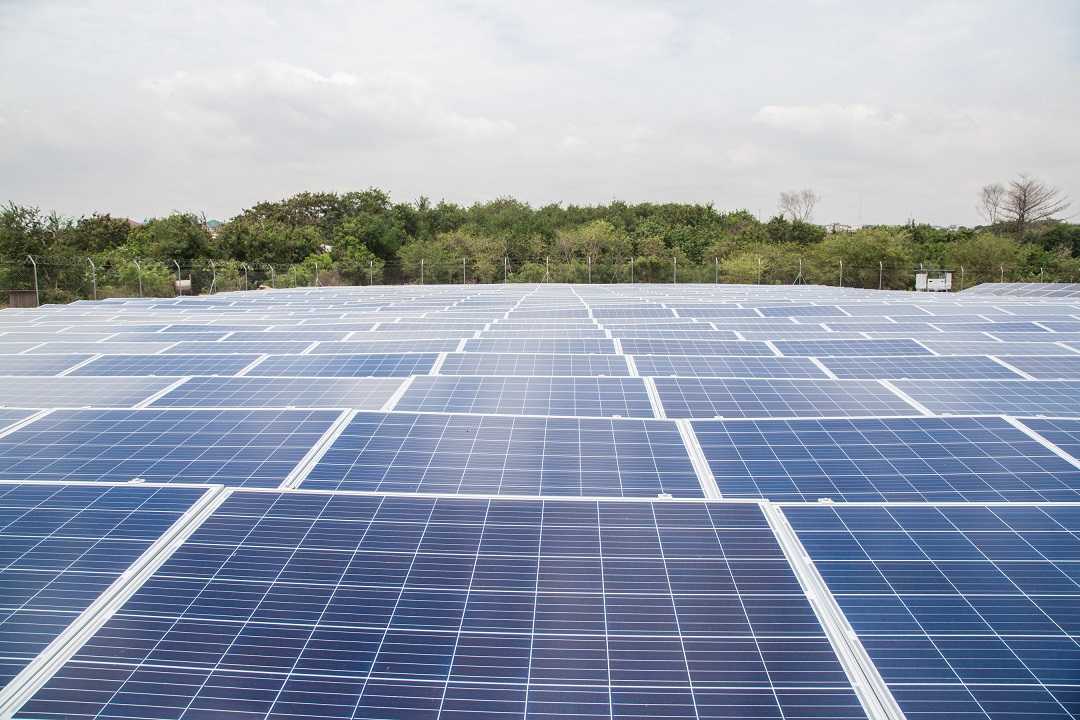MUNICH, Germany — Redavia, a global market leader of cost-effective, reliable and clean solar power for businesses and communities, has been chosen by Barry Callebaut, the world’s leading manufacturer of high-quality chocolate and cocoa products, to establish a solar farm at their factory in Tema, Ghana.
In Ghana, Barry Callebaut selected Redavia to deploy six solar units at a total of 504 kWp at the Barry Callebaut factory in the Free Zone Enclave in Tema. As the largest distributed solar company in eGhana, Redavia was the obvious choice for a multinational organization like Barry Callebaut.
Jo Thys, Vice President of Cocoa Africa, said, “At Barry Callebaut, we want to make sustainable chocolate the norm. Already, 14 out of 59 (24%) of our Group’s factories are running on 100% renewable energy. The solar farm at our factory in Tema is another important step in our long history of investing into a sustainable value chain.”
Erwin Spolders, CEO and founder of Redavia, stated, “We are thrilled to partner with a market leader on their sustainable energy initiative. Redavia offers businesses the win-win of cost-efficiency and clean energy that allows them to save money and achieve their sustainability targets at the same time.”
In 2016, the Zurich based Barry Callebaut Group launched a program called Forever Chocolate to make sustainable chocolate the norm by 2025. Under the Forever Chocolate program, Barry Callebaut has committed to four targets to address the biggest sustainability challenges in the chocolate supply chain: To eradicate child labor from the supply chain, to lift more than 500,000 cocoa farmers out of poverty, to use 100% sustainable ingredients in all products, and to become carbon and forest positive. In order to become carbon positive, Barry Callebaut does not only look at the carbon footprint created by its own operations and energy use, but also takes into account the carbon footprint of the entire supply chain, including the production and processing of all raw materials and related land use changes.


















